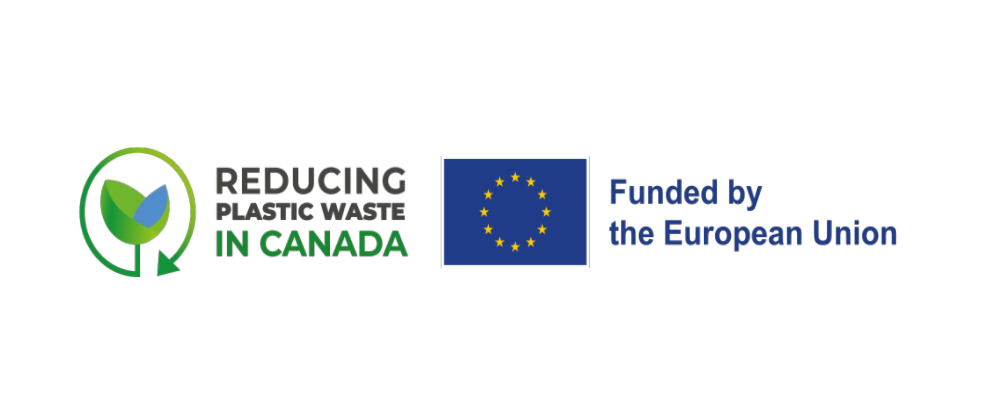Story 10: RREUSE International Network with Social, Economic and Environmental Benefits
RREUSE is an international network representing social enterprises active in reuse, repair and recycling since 2001. Specialising in the field of re-use, repair, and recycling, members of the network provide local and inclusive employment while driving a more circular economy.
RREUSE is focused on realizing economic, social, and environmental benefits from a reuse economy in the EU. It works to develop innovative partnerships and share best-practices to develop inclusive and circular business models across Europe and beyond. The RREUSE network is coordinated by its Secretariat based in Brussels.
The shift to a circular economy is predicted to have a positive net impact on employment because circularity through reuse will involve diverse labour-intensive activities. According to RREUSE, a social enterprise active in reuse creates on average 70 jobs per 1,000 tonnes collected. Moreover, most social enterprises employ disadvantaged groups in their operations. While a circular economy may lead to job losses and shifts away from linear sectors, the reuse and social economy can provide job market transitions involving more labour-intensive activities that are necessary to extend the lifespan of products such as the reception of goods (identification, quality checks, sorting), storage and logistics (transport and handling, dismantling, storage of surplus merchandise), and restoration (dismantling, cleaning, repair, functionality checks).
In 2022, RREUSE published research that reveals the key success factors for implementing a reuse network based on a survey of reuse networks across Europe. A network bringing together all relevant actors of the social and circular economy is stronger than one with a fragmented set of initiatives, or a singular focus. Networks should be capable of involving different kinds of organisations (social enterprises, charities, cooperatives, volunteer initiatives, etc.) and of circular economy activities (reuse, repair, recycling, upcycling, remanufacturing, etc.).
Key success factors:
- Partnerships with other organisations
- Communications
- Standards and professionalism
- Resilience and adaptability
Findings from the survey also identified some key roles for reuse networks:
- Aggregate the needs of members and support circular economy as a tool to create job opportunity in the field of recycling and reuse.
- Represent the movement of reuse social enterprises, both public and private. This representation should target key stakeholders, notably public authorities, the private sector and civil society.
- Play the role of a clearinghouse to support and replicate best practices.
- Promote innovation drawing from lessons and experience taken domestically.
- Organise services for members in the field of communications, quality systems, training, and management.
Drawing from the experience in countries or regions where reuse is well established, such as Europe, gives the opportunity to learn from lessons learned and advocate for the replication of successful policies to promote the reuse sector.
URLs
https://rreuse.org/research-study-on-developing-re-use-networks-in-europe/
https://rreuse.org/wp-content/uploads/2022/10/just-transition-briefing-rreuse-2022.pdf
https://rreuse.org/work-areas/environmental-and-circular-policies/
The European Union (EU) project on Reducing Plastic Waste in Canada




